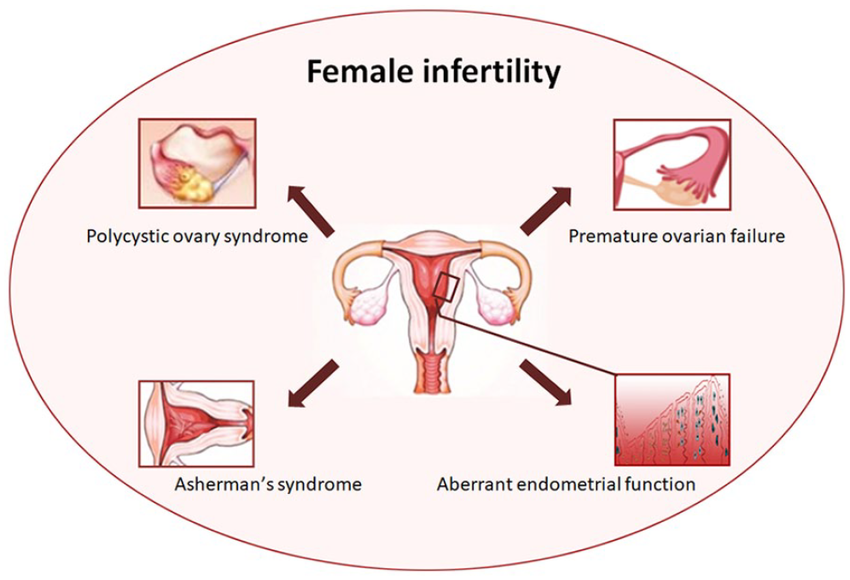Infertility is a complex issue that affects many women worldwide, and one of the less frequently discussed but significant factors is the role of infections. Various infections can have a profound impact on a woman's reproductive health, potentially leading to difficulties in conceiving.
Types of Infections Affecting Female Fertility
1. Sexually Transmitted Infections (STIs): STIs are among the most common infections impacting female fertility. Conditions such as chlamydia and gonorrhea can cause severe damage if left untreated.
2. Pelvic Inflammatory Disease (PID): PID is an infection of the female reproductive organs. It is often caused by untreated STIs like chlamydia and gonorrhea. PID can lead to chronic pelvic pain, ectopic pregnancy, and significant damage to the fallopian tubes, ovaries, and uterus.
3. Bacterial Vaginosis (BV): BV is an imbalance of the natural bacteria in the vagina. While not always directly linked to infertility, it can cause complications such as an increased risk of contracting other infections, including STIs, which can impact fertility.
4. Tuberculosis (TB): Though commonly associated with the lungs, TB can also affect the reproductive organs. Genital tuberculosis can cause significant damage to the fallopian tubes and endometrium (lining of the uterus), leading to infertility. This form of TB is more common in regions where the disease is endemic.
5. Fungal and Yeast Infections: While typically less severe, chronic or recurrent yeast infections can create an inflammatory environment in the vagina. This inflammation can disrupt the vaginal flora and potentially affect sperm viability and motility.




.png)

Comments